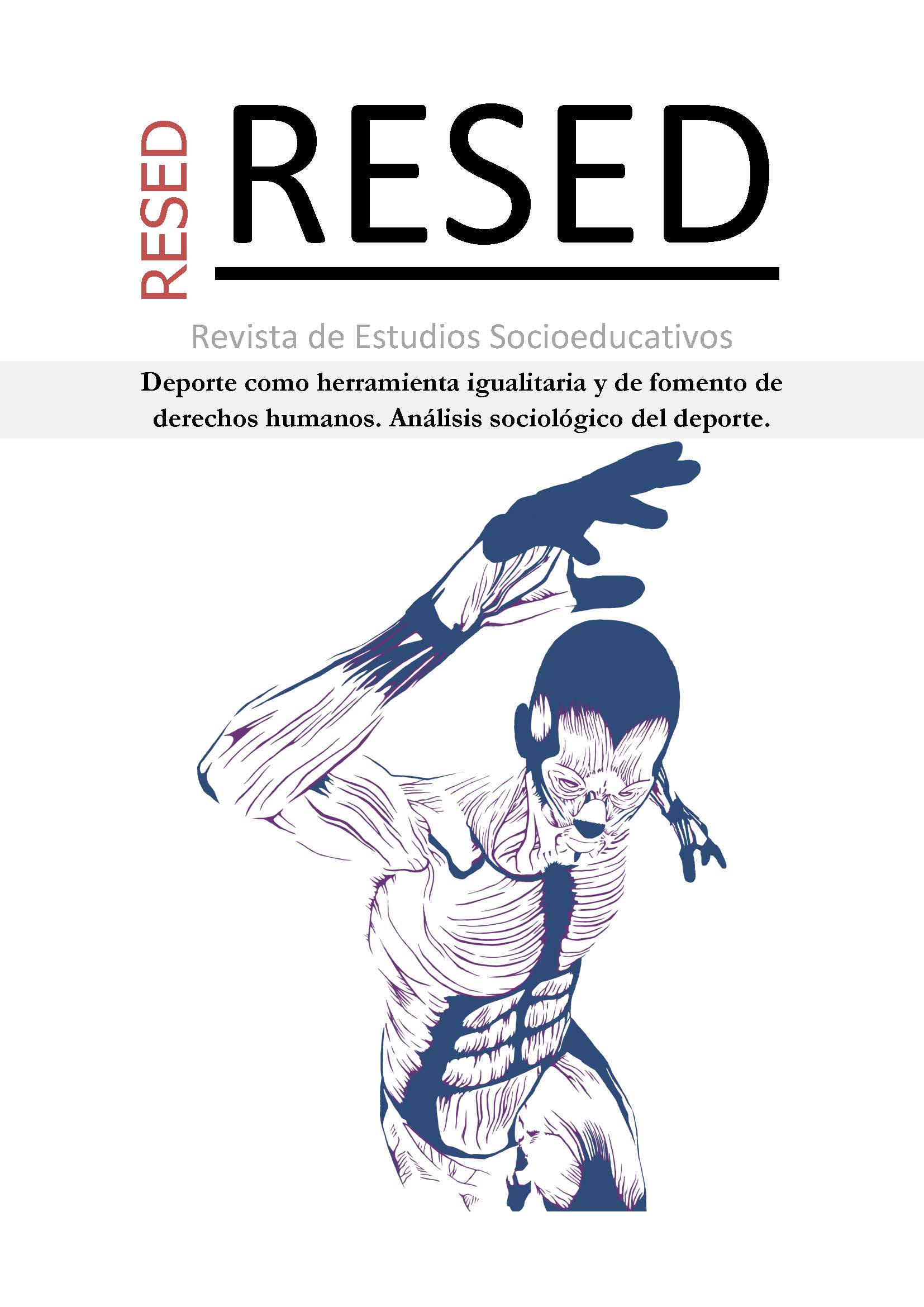Multiple intelligences and specialisation
A return to Gardner and the wisdom of rethinking psychology in Hillmanian transparency

Info
Abstract
In 1983, 40 years ago, Howard Gardner published 'Farmae Mentis' - an essay that was destined to revolutionise the psychological approach to intelligence and, from there, to greatly influence the world of educational research (and practice) worldwide. Some twenty years after its publication, some research has highlighted certain shortcomings of Gardner's theoretical framework, particularly on the basis of the ex post results of that psychology which relied - often excessively and uncritically - on these assumptions, or worse, claimed to be based only on these theses. Forty years after this research, and some twenty years after the criticism of Gardner, it is possible to return to the theory of multiple intelligences, above all by accepting Hillman's criticism that 'psychology has become so caught up in the letter of subtlety that it is now seeking a way out in stupidity. For until now it has confused precision with measurement, discrimination with segmentation, refinement with technology, and differentiation with compartmentalisation'. What emerges - as a need of our time - is a more 'colourful' world, and among these colours (the intelligences described by Gardner, for example) an infinity of mixtures and nuances: this is the world of multiple intelligences, which by their very nature cannot have functional localism, cannot have unambiguous labels, cannot be measured for all with the same yardstick, since each one has its own individual kaleidoscope.
Keywords
Downloads
How to Cite
License

This work is licensed under a Creative Commons Attribution-NonCommercial 4.0 International License.
References
Gardner, H. (1983). Formae mentis. Saggio sulla pluralità dell'intelligenza (Frames of Mind: The Theory of Multiple Intelligences, 1983). Milano: Feltrinelli.
Gardner, H. (2005). Educazione e sviluppo della mente. Intelligenze multiple e apprendimento. Trento: Erickson.
Gardner, H. (2006). Riscoperta del pensiero. Piaget e Lévi-Strauss. Roma: Armando Editore.
Gould, S. J. (1977). Ontogeny and Phylogeny. Cambridge MA: Belknap Press of Harvard University Press.
Gould, S. J. (1977). Ever Since Darwin. New York: W. W. Norton.
Gould, S. J. (1996). The Mismeasure of Man. New York: W. W. Norton.
Gould, S. J. (1999). Questioning the Millennium: A Rationalist's Guide to a Precisely Arbitrary Countdown. New York: Harmony Books.
González Fernández, S., Zayas, A. & Guil, R. (2021). Relaciones personales en la sociedad de las redes sociales virtuales. Revista De Estudios Socioeducativos. ReSed, 1 (3). https://revistas.uca.es/index.php/ReSed/article/view/7955
Hillman, J. (1983). Re-visione della psicologia (Re-visioning Psychology, 1975). Milano: Adelphi.
Hillman, J. (1984). Le storie che curano: Freud, Jung, Adler. Milano: Raffaello Cortina.
Hillman, J. (2005). Il linguaggio della vita. Milano: Rizzoli.
Humphrey, N. K. (1983). Consciousness Regained: Chapters in the Development of Mind. Cambridge MA: Oxford University Press.
Humphrey, N. K. (2002). The Inner Eye: Social Intelligence in Evolution. Cambridge MA: Oxford University Press.
Humphrey, N. K. (2000). How to Solve the Mind-Body Problem. Exeter: Imprint Academic.
Jerison H. J. (1985). Animal intelligence as encephalization. Philos Trans R Soc Lond B Biol Sci 308 (1135), 21-35.
Kandel, E. (1994). Principi di Neuroscienze. Milano: Ambrosiana.
Kandel, E. (2007). Psichiatria, Psicoanalisi e nuova biologia della mente. Milano: Raffaello Cortina.
Kandel, E. (2007). Alla ricerca della memoria. La storia di una nuova scienza della mente. Torino: Codice edizioni.
Kandel, E. (2018). La mente alterata. Cosa dicono di noi le anomalie del cervello. Milano: Raffaello Cortina.
Piaget, J. (1952). Psicologia dell'intelligenza. Firenze: Editrice Universitaria.
Piaget, J. (1955). Il linguaggio e il pensiero del fanciullo. Firenze: Editrice Universitaria.
Piaget, J. (1958). Giudizio e ragionamento nel bambino. Firenze: La Nuova Italia.
Piaget, J. (1966). La rappresentazione del mondo nel fanciullo. Torino: Boringhieri.
Piaget, J. (1967). Lo sviluppo mentale del bambino. Torino: Einaudi.
Piaget, J. (1968). La nascita dell'intelligenza nel fanciullo. Firenze: Giunti-Barbera universitaria.
Piaget, J. (1972). Il giudizio morale nel fanciullo. Firenze: Giunti-Barbera universitaria.
Piaget, J. (1977). Adattamento vitale e psicologia dell'intelligenza. Selezione organica e fenocopia. Firenze: OS Giunti.
Poincaré, H. (1989). La Scienza e l'Ipotesi (1st 1902). Roma: Dedalo.
Poincaré, H. (1994). Il valore della scienza (1st 1905). Firenze: La Nuova Italia.
Poincaré, H. (1997). Scienza e metodo (1st 1908). Torino: Einaudi.
Scheffler, I. (1985). Of Human Potential: An Essay in the Philosophy of Education. Boston: Routledge & Kegan Paul.
Scheffler, I. (1991). In Praise of the Cognitive Emotions and Other Essays in the Philosophy of Education. New York: Routledge.
Scheffler, I. (1993). Writings of Israel Scheffler. Synthese, 94(1), 139-144. http://www.jstor.org/stable/20117737
Spearman, C. (1904). 'General intelligence,' objectively determined and measured. The American Journal of Psychology, 15(2), 201-293. https://doi.org/10.2307/1412107
Spearman, C. (1904). The proof and measurement of association between two things. The American Journal of Psychology, 15(1), 72-101. https://doi.org/10.2307/1412159
Spearman, C. (1928). The abilities of man, their nature and measurement. The Journal of Philosophy, 25(1), 20-25. https://doi.org/10.2307/2015168
Thurnstone, L. L. (1924). The Nature of Intelligence. New York: Routledge.
Thurnstone, L. L. (1935). The Vectors of Mind. Chicago: University of Chicago Press.
Thurnstone, L. L. (1938). Primary mental abilities. Chicago: University of Chicago Press.
Thurnstone, L. L. (1947). Multiple-Factor Analysis. Chicago: University of Chicago Press.
Vygotskij, L. (1966). Pensiero e linguaggio. Firenze: Giunti-Barbera.
Vygotskij, L. (1972). Immaginazione e creatività nell'età infantile. Roma: Editori Riuniti.
Vygotskij, L. (1973). Lo sviluppo psichico del bambino. Roma: Editori Riuniti.
Vygotskij, L. (1980). Il processo cognitivo. Torino: Boringhieri.
Vygotskij, L. (1990). Pensiero e linguaggio. Ricerche psicologiche. Bari: Laterza.
Vygotskij, L. (2015). La Teoria delle emozioni. Roma: L'Albatros.
Vygotskij, L. (con A.R. Lurija) (1987). La scimmia, l'uomo primitivo, il bambino. Studi sulla storia del comportamento. Firenze: Giunti.
White, J. (2006). Intelligence, Destiny and Education: The Ideological Roots of Intelligence Testing (1st ed.). London: Routledge. https://doi.org/10.4324/9780203029190
White, J. (2005). Howard Gardner: the myth of Multiple Intelligences Viewpoint, 16. London: Institute of Education. https://discovery.ucl.ac.uk/id/eprint/10001263/


